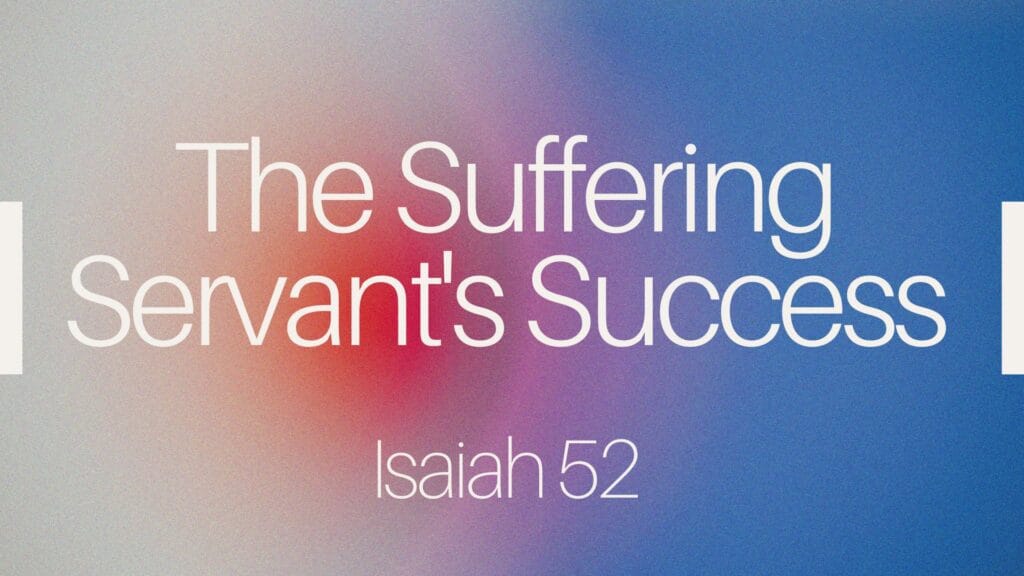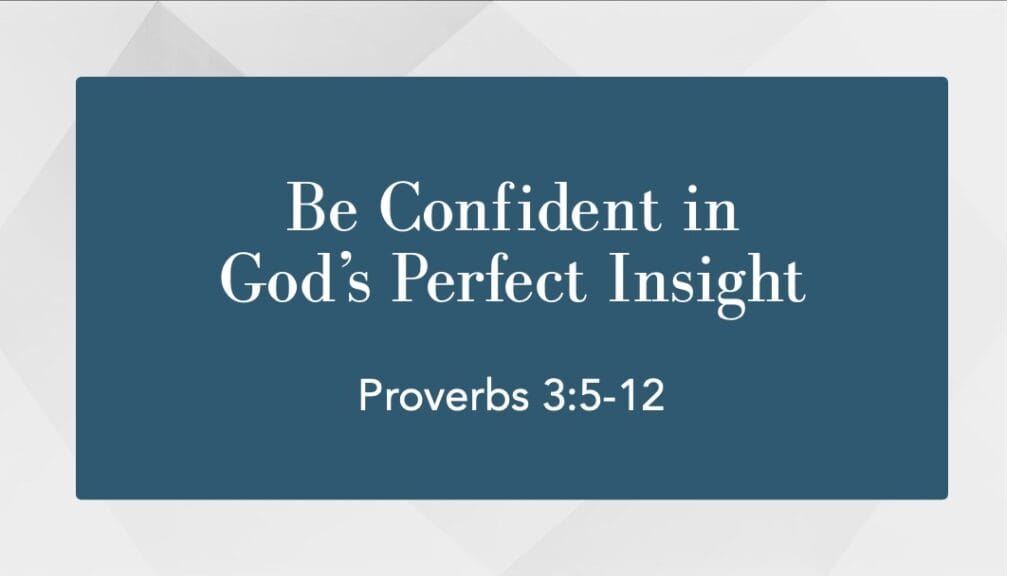Expressions of Worship
Unleashing Biblical Worship: Moving Beyond Stoic Traditions
Have you ever felt moved during worship but held back your response? Perhaps you’ve been in a church where expressions of joy or emotion seemed out of place? I’ve observed that in many of our conservative churches, we’ve developed unwritten rules about acceptable worship expressions that may not actually align with Scripture.
As I shared recently at Community Baptist Church, “If the Bible says we worship a certain way, then we should do that.” Yet many of us have been conditioned to stand perfectly still during singing while being expressive in every other area of life. This disconnect between our Biblical understanding and our worship practice deserves thoughtful examination.
Worship Should Be Biblical
Our worship must be grounded in Scripture. As Michael Baer wisely states, “The only legitimate criterion for evaluating and determining worship is Scripture, our only rule of faith and practice.” We don’t worship the way we want or just the way we’re used to—we worship according to the Bible.
When it comes to our singing, Colossians 3:16 provides clear guidance: “Let the word of Christ dwell in you richly, teaching and admonishing one another in all wisdom, singing Psalms and hymns and spiritual songs, with thankfulness in your hearts to God.” Our songs should be saturated with Biblical truth.
I often tell people who ask me about writing hymns, “That’s easy. Open your Bible and plagiarize.” The best songs simply echo Scripture. I want to sing songs where I recognize “that’s from Romans 8:1” or “that’s quoting Revelation 4:11.” Our worship should be so distinctly Christian that an unbeliever couldn’t honestly join in.
The Diverse Expressions of Biblical Worship
The Psalms reveal a stunning variety of worship expressions that many of us have neglected. While our worship should always be focused on God himself, the Bible describes numerous physical manifestations of our reverence and joy.
Bowing in Reverence
“O come, let us worship and bow down; let us kneel before the Lord, our Maker” (Psalm 95:6). Bowing is perhaps the most common physical expression of worship in the Bible. It represents submission and reverence. While we don’t typically kneel in our services, this posture—whether in corporate or private worship—physically expresses what’s happening in our hearts.
Mourning in Repentance
Sometimes worship involves sorrow and contrition. David wrote, “When I kept silent, my bones wasted away through my groaning all day long. For day and night your hand was heavy upon me” (Psalm 32:3-4). There are moments when our prayers contain groanings too deep for words, as Romans 8 describes. Our worship should make space for lament and repentance.
Shouting with Joy
“Clap your hands, all peoples! Shout to God with loud songs of joy!” (Psalm 47:1). In churches like ours that tend to be fairly quiet, we readily embrace worship that is reverent and sometimes sorrowful, but we often hesitate at the thought of shouting praise to God.
Yet Nehemiah describes worship where “the joy of Jerusalem was heard far away” (Nehemiah 12:43). This wasn’t irreverent—it was appropriate celebration of God’s goodness. As I told my congregation, “Reverent worship doesn’t have to be a funeral dirge. Reverent worship can be at the top of your voice.”
Clapping in Celebration
The Psalms explicitly mention clapping as an expression of worship. “Clap your hands, all peoples!” (Psalm 47:1). This isn’t about applauding a performance but expressing agreement and celebration of God’s greatness.
Lifting Hands in Surrender
“Hear the voice of my pleas for mercy when I cry to you for help, when I lift up my hands toward your most holy sanctuary” (Psalm 28:2). Even in the New Testament, Paul writes, “I desire then that in every place men should pray, lifting holy hands” (1 Timothy 2:8).
Raising hands can express surrender, dependence, or praise—like a child reaching up to be held. It’s a Biblical expression that we shouldn’t discourage or mandate.
Finding Balance in Our Worship
We don’t want to be an emotion-driven church, but we also don’t want to be an emotion-suppressing church. The truth of Scripture should move us, and we shouldn’t be afraid to express that movement.
John Calvin wisely observed that “if we really were just amazed by God’s work in the gospel, we would be ashamed of ourselves that we feel so little.” We should be overwhelmed at the goodness of God and not afraid to express it.
As I told the church, “We’re not a clapping church, and we’re not a no-clapping church. We’re not a hand-raising church, and we’re not a no-hand-raising church. We’re a worshiping church united by the gospel of Jesus Christ.”
The Connection Between Worship and Mission
Our worship isn’t just for ourselves. We sang, “From every nation and tribe, every people and tongue, He has made us a kingdom and priests of God to reign with the Son.” The reason we’re excited about missions is to gather more worshipers. People who are worshiping Allah or bowing to a golden Buddha should be worshiping Jesus. Missions and worship go absolutely together.
Putting It Into Practice
How can we apply these Biblical principles to our worship, both corporately and individually?
- Engage your whole being in worship: Love God with heart, soul, mind, and strength. Don’t compartmentalize worship as merely an intellectual exercise.
- Give others freedom: Don’t judge others whose expressions differ from yours. Remember Michal, who despised David’s exuberant worship and was not the hero of that story.
- Focus on the content: Sing songs saturated with Biblical truth. As James Montgomery Boice said, music allows “our hearts joining with our minds to say yes, yes, yes to the truths we are embracing.”
- Express yourself appropriately: Whether through singing louder, saying “Amen,” lifting hands, or simply being moved to tears, allow your physical expression to follow your heart’s engagement.
- Pray for more worshipers: Jesus instructed us to “pray earnestly to the Lord of the harvest to send out laborers into his harvest” (Matthew 9:38). When we pray this, we’re asking God to gather more worshipers from every nation.
Remember, worship is not about following a set of rules but about responding to the magnificent truth of who God is and what He has done. As we focus on Him through His Word, our hearts should be moved. And when our hearts are moved, it’s natural—and Biblical—for our bodies to follow.
Don’t be stoic when you worship God. Focus on the Scriptures, focus on Him, focus on the gospel. But remember, we’re commanded to love God with our heart, soul, mind and strength. Every part of our being should be taken up with Him.
When You Meet Jesus
The Suffering Servant’s Success
When The Crowd Leaves
Where Are You Really Heading
Look to Christ and Live
Be Confident in God’s Perfect Insight
We hope you enjoyed the sermon and would love to see you in person. Plan your visit to Community Baptist Church in Spring Hill, Tennessee today!



